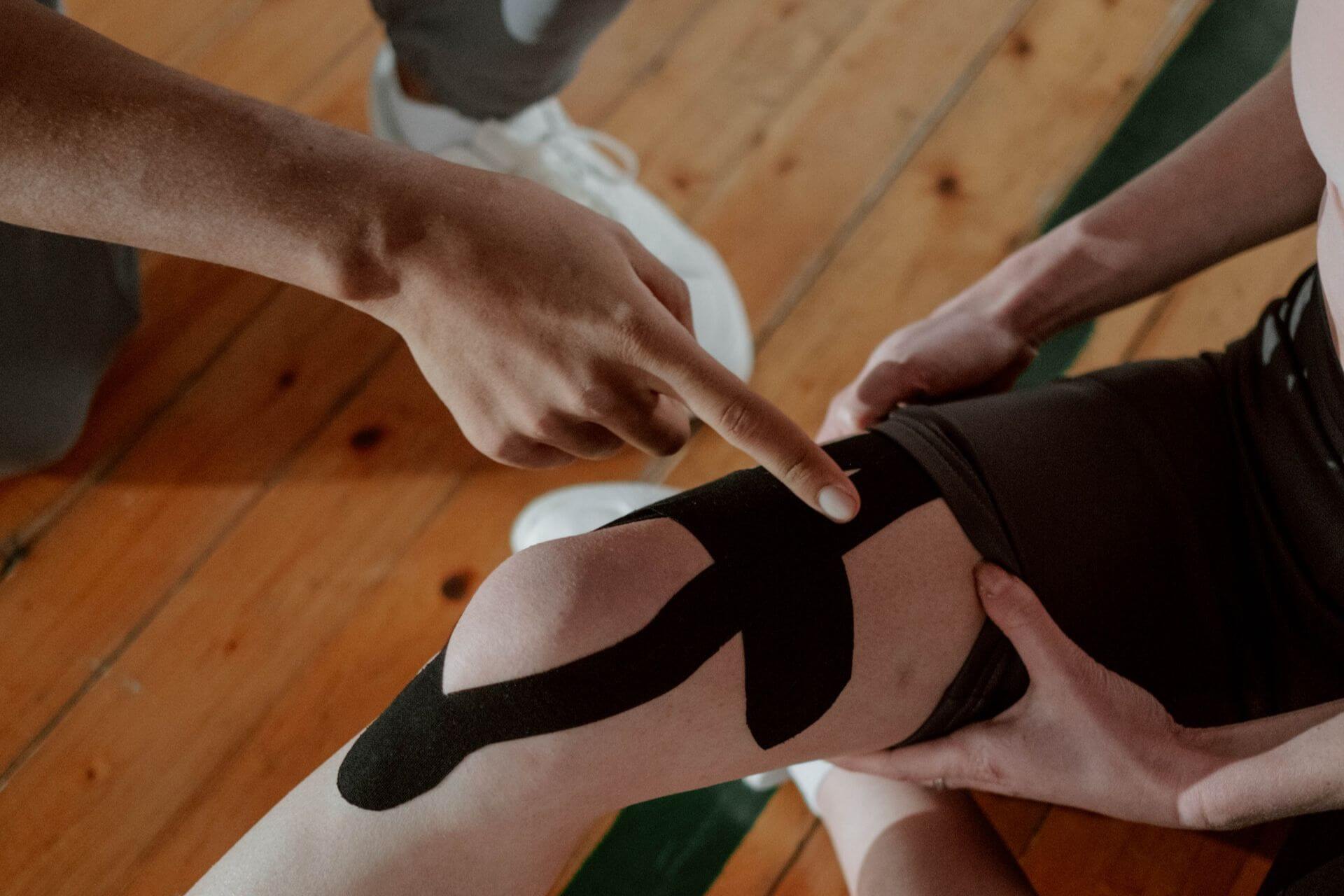Knee Care

Preventive Measures
These measures are here to educate you on the proper care of your knees.
Stay at a healthy weight
Carrying around excess weight puts tremendous pressure on your knees. Every pound you weigh adds four more pounds of force to your knees. The good news is that every pound you lose eases the pressure on your knees. Keep your weight within the normal range, and your knees will stay healthy for years to come.
Move around
Regularly participating in physical activity maintains your joint’s range of motion, function, and strength. Running is thought to be bad for your knees, but that’s a myth. Running can help prevent the onset of certain joint problems later in life, but make sure you only run every other day to give your body time to recover. You can also move around and do exercises that do not work your knees so hard. Try cycling and swimming because they work your joints while providing less stress for an easier time.
Improve your muscle strength
Strengthening your thigh muscles protects your knee’s cartilage, reduces stress, and improves your range of motion. Do squats and lunges at least twice a week to make sure your knees stay healthy.
Keep good posture
Avoid slouching because it changes the center of gravity for your body and adds more pressure to your joints. Stand tall with proper posture and do not slouch while sitting down. Doing pilates and yoga complemented with core-strengthening exercises such as back extensions and planks can make achieving proper posture easier.
Listen to your knees
When you feel knee pain, stop whatever activity you are doing and rest. Pain tells you if there is something wrong. Rest your body for a while whenever you feel pain. If the pain does not subside on its own, then you need to see a doctor. A doctor can examine you and give you treatment. The sooner you get to a doctor, the better because it’s likely the treatment will be successful when done early.
Post-surgery care
Here is a list of post-surgery advice you may need if you fail to properly take care of your knee.
Wear your knee brace
Your doctor may give you a knee brace after your surgery which you must wear. The brace keeps your knee positioned properly for recovery and prevents strain. The brace protects and stabilizes your knee, which is essential for healing.
Physical Therapy
You will need to learn how to walk and move again after your knee surgery. The doctor will assign your case to a physical therapy clinic to get you started. The physical therapist will teach you how to move without injuring yourself. They will also teach you exercises to help you get your knee’s strength and mobility back. You must listen to your physical therapist to ensure a good recovery.
Ready your home
You need to prepare your home for your recovery to avoid injuries and complications.
Remove tripping hazards
You need to inspect the floors in your house. Remove the cords and rugs from the floor because they may cause you to trip. Your pets may also need to be taken care of by relatives or friends so you don’t trip on them or they don’t jump on your injury.
Install handrails
Install handrails for the stairs to give you something to hold on to prevent accidents.
Create a living space on the first floor
Avoid moving around a lot after your surgery to boost your recovery. Choose your home’s first floor to avoid using the stairs and possibly aggravating your injury. Put your bed on the first floor to reduce risk. You need to place items you usually use near you to avoid moving around.
Make sure everything in your home is set up before your surgery.
Treat your pain
Treat your knee pain after the surgery with whatever methods your doctor prescribes. Those methods take your health into consideration, and you should not deviate, or you may experience negative side effects. Talk to your doctor about your concerns about pain killers to find a treatment that works for your case. Do not let that pain go untreated, or you may not be able to participate in physical therapy.
